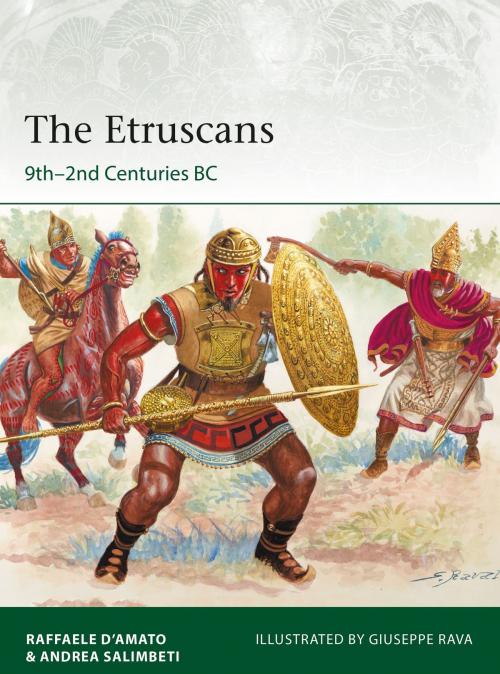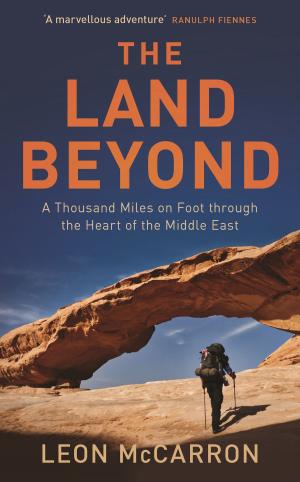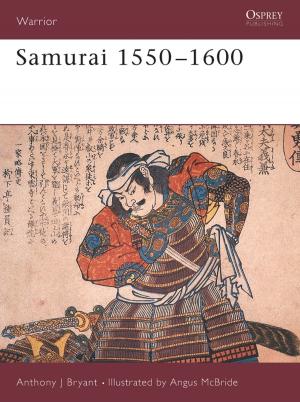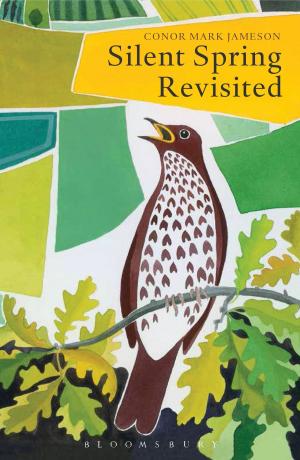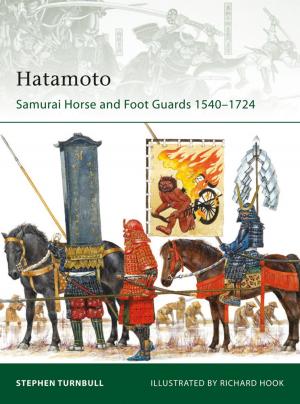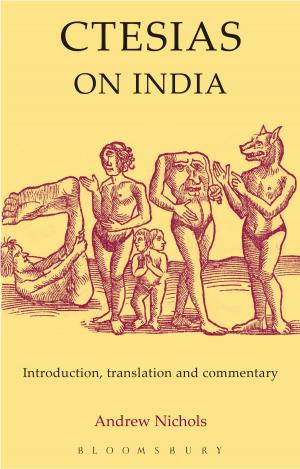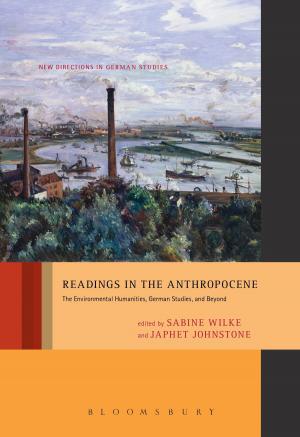| Author: | Andrea Salimbeti, Dr Raffaele D’Amato | ISBN: | 9781472828309 |
| Publisher: | Bloomsbury Publishing | Publication: | September 20, 2018 |
| Imprint: | Osprey Publishing | Language: | English |
| Author: | Andrea Salimbeti, Dr Raffaele D’Amato |
| ISBN: | 9781472828309 |
| Publisher: | Bloomsbury Publishing |
| Publication: | September 20, 2018 |
| Imprint: | Osprey Publishing |
| Language: | English |
Ancient Rome had deep roots in the 'Villanovan' culture that we call today the Etruscans. Their long-lived civilization can be traced to 900–750 BC in north-west Italy. They were a sea-faring people trading with and competing against Greek and Phoenician peoples, including the Carthaginians. They were also a great land-based power, especially in the 'Classical' period, where they expanded their power north into the Po Valley and south to Latium. In the 6th century BC an Etruscan dynasty ruled Rome, and their power extended southwards to the Amalfi coast. In 509 BC the Romans rose up to expel their kings, which began the long 'Etruscan twilight' when their power was squeezed by the Samnites and, most especially, the Romans.
Drawing on archaeological evidence including warrior tombs, paintings, sculptures, and fully illustrated throughout, this study examines one of the early rivals to Ancient Rome.
Ancient Rome had deep roots in the 'Villanovan' culture that we call today the Etruscans. Their long-lived civilization can be traced to 900–750 BC in north-west Italy. They were a sea-faring people trading with and competing against Greek and Phoenician peoples, including the Carthaginians. They were also a great land-based power, especially in the 'Classical' period, where they expanded their power north into the Po Valley and south to Latium. In the 6th century BC an Etruscan dynasty ruled Rome, and their power extended southwards to the Amalfi coast. In 509 BC the Romans rose up to expel their kings, which began the long 'Etruscan twilight' when their power was squeezed by the Samnites and, most especially, the Romans.
Drawing on archaeological evidence including warrior tombs, paintings, sculptures, and fully illustrated throughout, this study examines one of the early rivals to Ancient Rome.
